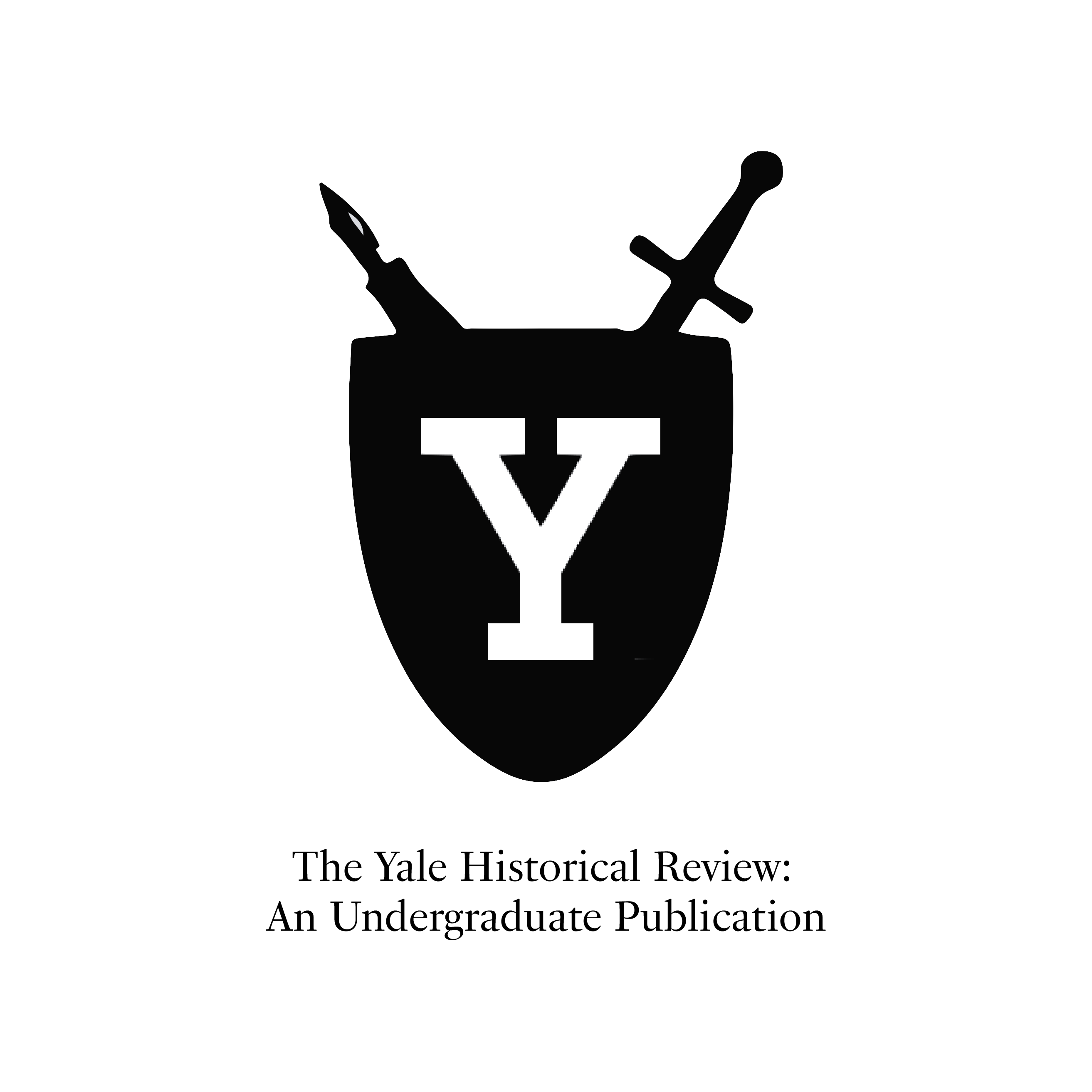A Special Directed Studies Edition of the YHR
Dear Reader,
It is our honor to present Thumos, a collaboration between the editors of the Yale Historical Review and Directed Studies Program. This volume is a special collection of essays written for the three DS courses, Literature, Philosophy, and Historical & Political Thought. We aim to recognize the outstanding work produced by DS students past and present, which can all too easily be left behind in the bustle of weekly papers and readings. Through this publication, we sought to give former DS students a chance to return to their papers, refine their work, and once again reflect on great texts and ideas from the Western canon.
This volume features two papers written for each of the three courses in DS, and these essays span the nearly three thousand years of Western thought featured in the DS syllabi. Jisoo Choi explores fate and human agency by comparing the visits of Odysseus and Aeneas to the underworld, while Alex Hu examines a similar theme — the reclaiming of human agency in Roman history — through Livy’s controversial framing of ancient myths. Omar Chishti engages with the ancient world as well, proposing that in Plato’s Euthyphro, Socrates argues that morality and justice are human constructs, not divine ones. Turning to the modern age, Alina Martel contends that God is the ideal Machiavellian prince, as religious worship manages to blend fear, love, cruelty, and compassion. Aidan Campbell also looks at the role of fear in philosophical texts, seeking to explain how fear factors into the development of self-consciousness in Hegel’s “Lordship and Bondage.” Finally, Freya Savla examines the aesthetics of Cordelia’s language and silence in King Lear, arguing that the beauty of Cordelia’s words helps redeem the play’s tragic ending.
We also invite you to hear from a group of current DS students through “In Media Res,” a panel centered on the theme of transitions. In February, eleven current DS students met over Zoom to discuss everything from starting college in a pandemic to their reflections on the DS curriculum. Their insights are thoughtful, profound, and authentic, and they represent the voices of students who have come together for an unique intellectual journey at a unique point in time. As central as the texts and papers are to DS, the program is also set apart by the tight-knit community it fosters. In publishing this panel, we hope to represent the informal conversations and connections that are at the heart of the DS experience.
We hope you enjoy this collection of Directed Studies papers. We will leave you with a quote from Plato’s Republic: “Come then, and let us pass a leisure hour in story-telling, and our story shall be the education of our heroes.”
Sincerely,
Natalie Simpson,
Editor of Thumos 2021
Acknowledgments:
We must also express our deepest gratitude to our project advisor, Dr. Katja Lindskog, the DUS of Directed Studies. Dr. Lindskog has been at the center of Thumos from its inception. Simply put, Thumos would not exist without her guidance on all steps of the editorial process. Her dedication is unparalled, her brilliance inspiring. We take pleasure in knowing that students will continue to learn from Dr. Lindskog inside and outside of the classroom for years to come.





